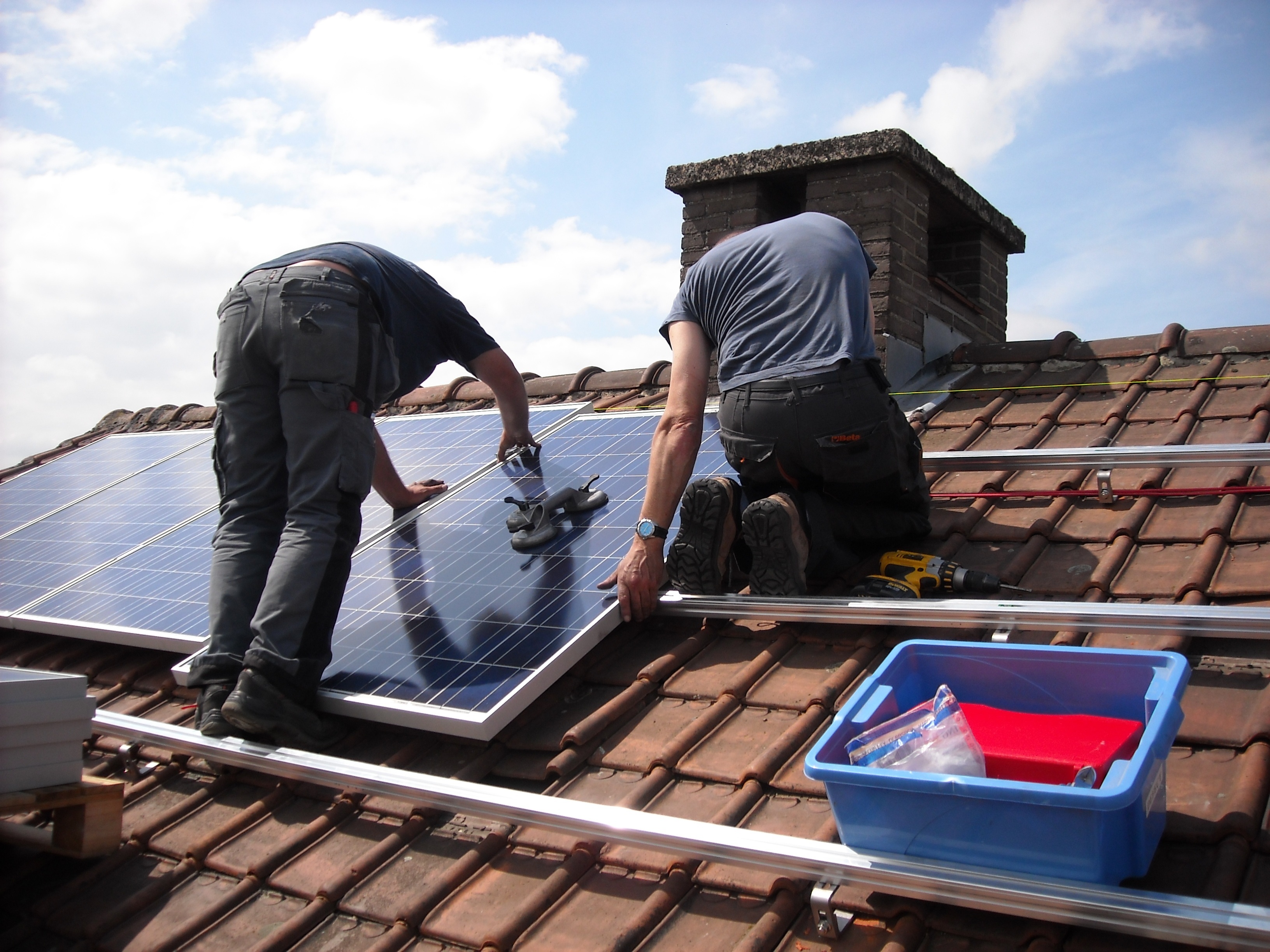Views: 0 Author: Site Editor Publish Time: 2025-11-14 Origin: Site

It is not uncommon for a remote location to be checked more than once a year. In most conditions, normal rainfall is sufficient to keep the solar panel glass clean.
Clean the glass with a soft cloth with mild detergent and water. Solar panels that are mounted at a tilt (0° inclination) should be cleaned more frequently, as they do not self-clean as effectively as solar panels mounted at a 15° inclination or higher.
It is advisable to perform periodic inspections of the solar panel for damage to the glass, backskin frame, and support structure. Check electrical connections for loose or corroded connections. Check the mounting support structure and modules for loose connections. Check cable connections, connectors, and grounding. Change solar panels to the same type and model if necessary. Solar panels can operate effectively without ever being washed, although removing dirt from the front glass can increase production. The glass can be washed with a damp sponge or cloth; use rubber gloves for electrical insulation.
Solar Panel Safety Precautions
Solar panel installation and operation should be performed by qualified personnel. Children should not be allowed near the solar power installation.
Avoid electrical hazards when installing, wiring, operating, and maintaining the module. Solar panels produce DC electricity when exposed to light and therefore can produce an electric shock or burns. Solar panels produce voltage even when not connected to an electrical circuit or load. Solar panels produce near-full voltage when exposed to as little as 5% of full sun and increase current and power with light intensity. Do not touch live parts of cables and connectors. As an additional precaution, use insulated tools and rubber gloves when working with solar panels in sunlight.
Falling a solar panel from a high place will cause death, injury, or damage. Do not drop the solar panel or allow objects to fall on the solar panel; never leave a solar panel unsupported or unsecured. If a module fails, the glass may break; a solar panel with broken glass cannot be repaired and should not be used.
When installing or working with solar panels or wiring, cover the module face completely with opaque material to prevent electricity production. Solar panels do not have an on/off switch. Solar panels, when exposed to sunlight, generate high voltage and are dangerous. Solar panels can only be rendered inoperable by removing them from sunlight, or by completely covering the front surface with an opaque cloth, cardboard, or other completely opaque material, or by working with the solar panel face down on a flat surface during installation or maintenance.
Do not artificially concentrate sunlight onto the solar panel.
Solar panels may have a higher output than their nominal specifications. Industry standard ratings are made under conditions of 1000W/㎡ and 25°C cell temperature. Reflections from snow or water can increase sunlight and therefore increase current and power. Additionally, colder temperatures can substantially increase voltage and power.
Solar panels are intended for use in terrestrial applications only, thus excluding aerospace or marine conditions or use with concentrated sunlight.
It is recommended that the solar panel remain in its packaging until the time of installation.
Work only under dry conditions, with a dry solar panel and tools, as sparks may be produced. Do not install solar panels where flammable gases or vapors are present.
Do not drill holes in the solar panel frame as this will void the warranty. A solar panel with a broken frame will also void the warranty.
Handle with care. If the front glass is broken or if the polymer backskin is torn, contact with any surface of the module or frame may produce electric shock. Especially when the solar panel is wet, broken or damaged modules should be disposed of appropriately. Do not disassemble, bend, impact with sharp objects, walk on, throw or drop, etc. Keep the surface free of foreign objects. Avoid sharp objects.
Use the solar panel for its intended function only, following all solar panel manufacturers' instructions. Do not disassemble the module or remove any parts or labels installed by the manufacturer. Do not treat the back of the solar panel with paint or adhesives.
Unless otherwise specified, it is recommended that the requirements of the latest local, national, or regional electrical codes be followed.
Keep this installation manual for future reference.
Notes
Electrical characteristics are within ± 5 percent of the indicated values of Isc, Voc, and Pmax under standard test conditions (irradiance of 100mW/h², AM 1.5 spectrum, and a cell temperature of 25°C (77°F).
Under normal conditions, a solar photovoltaic panel is likely to experience conditions that produce more current and/or voltage than reported under standard test conditions. Therefore, the Isc and Voc values marked on this module should be multiplied by a factor of 1.25 when determining voltage component ratings, conductor ampacities, fuse sizes, and the size of controls connected to the PV output.